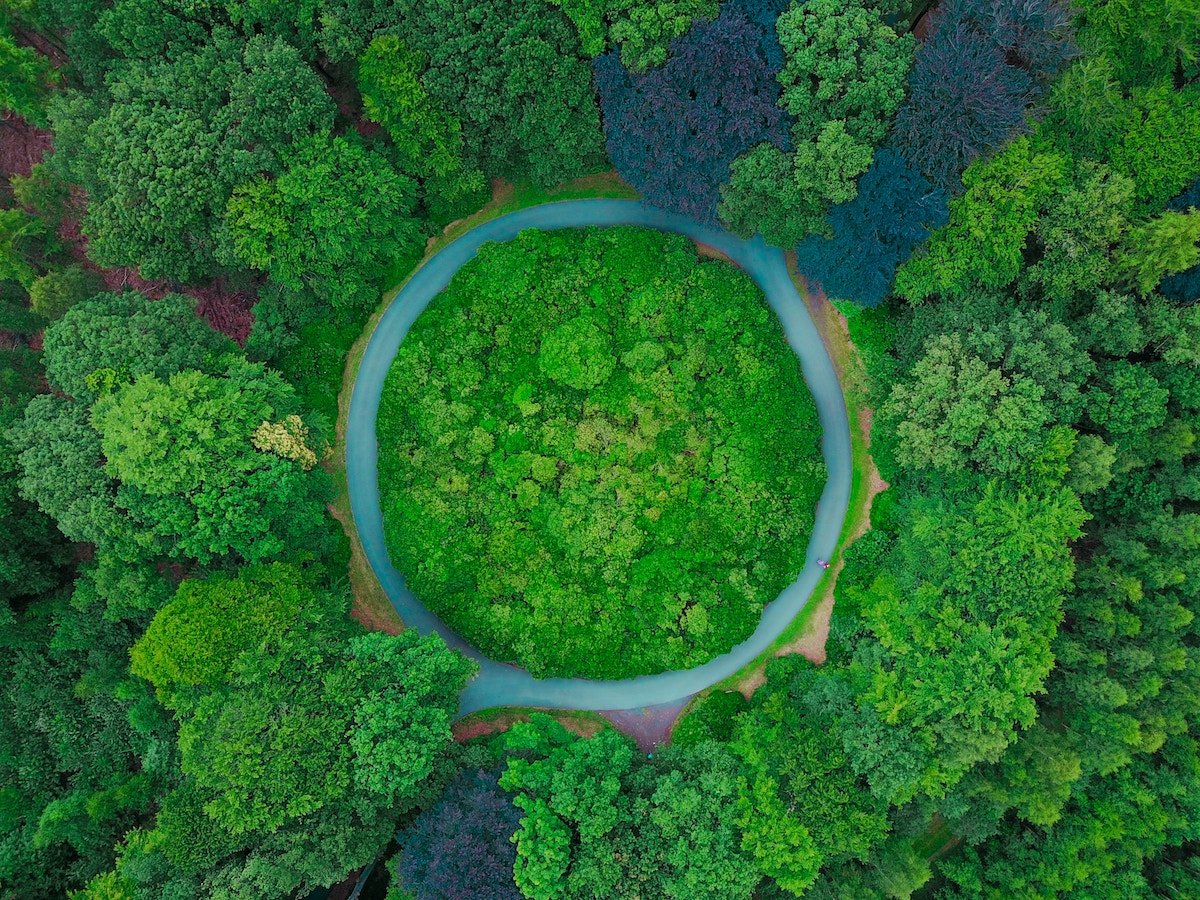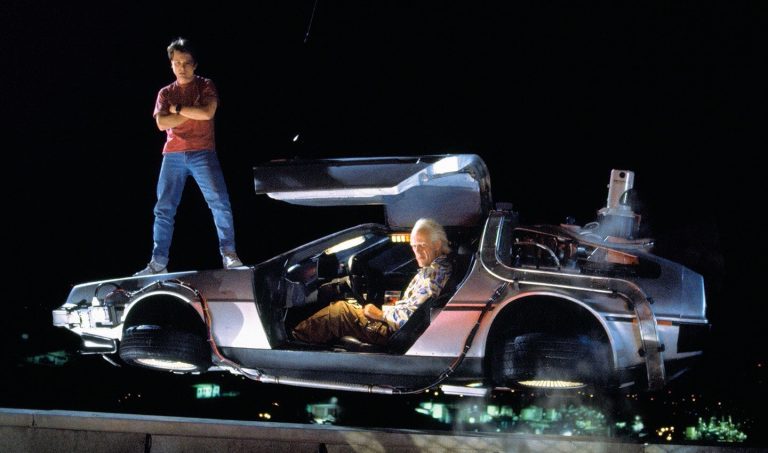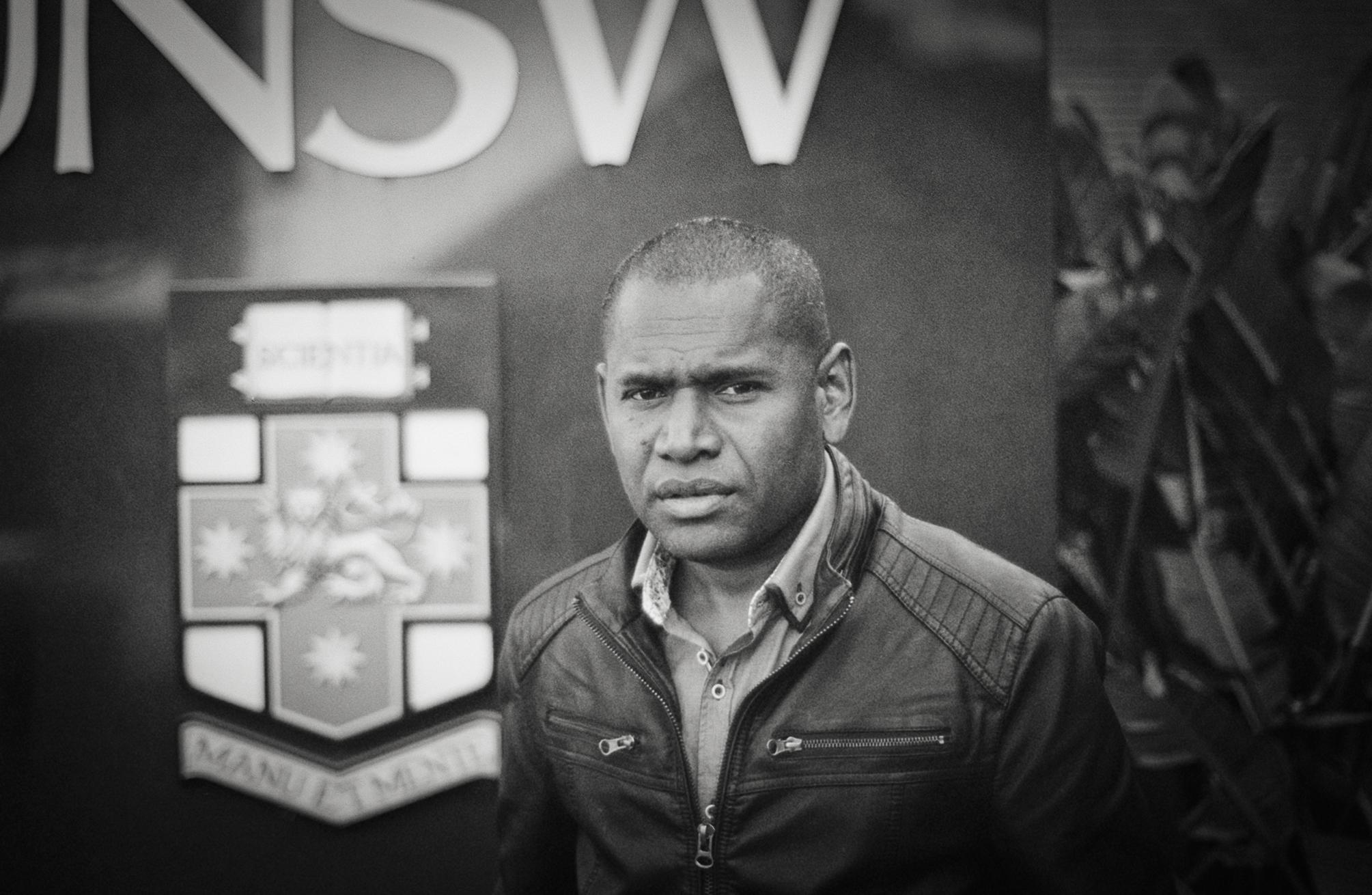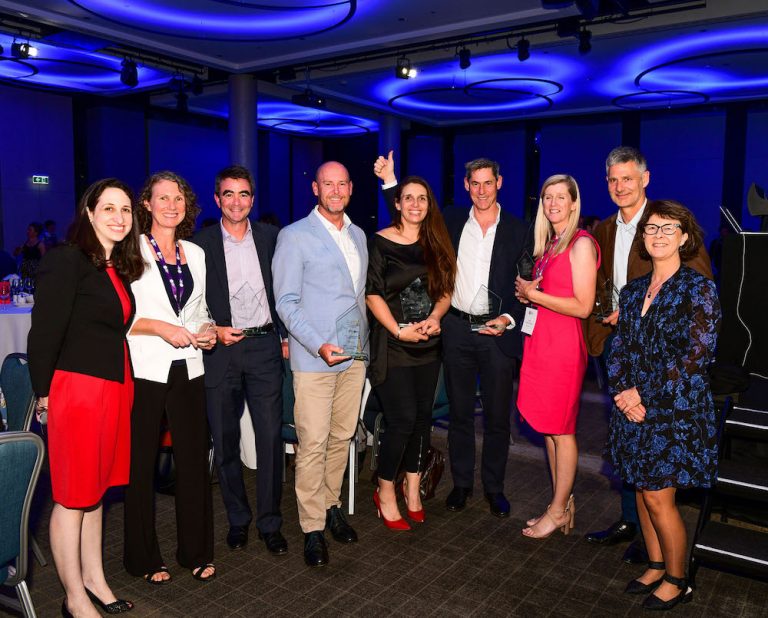Everybody cares about the SDGs, and there’s now a growing list of companies and governments who are declaring their sustainability credentials, and their social and environmental impacts, using the United Nations’ SDGs as a framework.
The Sustainable Development Goals (SDGs) represent the first time the world has come together to make a global agreement on a universal set of priorities for environmental and social development. (In 2015 all United Nations member countries signed on to the challenge.)
For the UN, it is the core of their 15 year plan, out to 2030. They learned a lot of lessons from the Millennium Development Goals (their goals for 2000 to 2015), and the SDGs take the challenge of sustainable development and environmental protection even further.
While the MDGs were focussed on the work of governments, the SDGs are everybody’s responsibility—that means both companies and governments alike, but also individuals. We can all make a contribution to reverse some of the environmental damage, to make more sustainable decisions, and even advocate for human rights and hold politicians to account.
SDGs in Australia
So, how does Australia stack-up in terms of achieving the SDGs?
The first step, the educational and communication phase, is well under way. People are starting to discuss the issues, but still, far too many people I speak to haven’t heard of the SDGs.
At the same time many companies are beginning the process of working-out what impact their operations are having on the world, and whether their activities can already be categorised as helping to achieve any of the 17 goals.
This process is broadly described as mapping progress to the SDGs.
Beyond this, there are a number of companies who’ve gone further, who have audited their operations through an SDG lens, and who are now reshaping their operations to best help achieve the goals.
You can find some great examples of company progress on the SDGs over at a new website set up by the Global Compact Network Australia.
These efforts represent some of Australia’s largest companies reframing their operations in terms of achieving the SDGs.
They’re working out how they can use their unique skills and resources to make a difference.
(I spoke to Kylie Porter, head of the Global Compact Network Australia, and she explained the focus of the Aussie network, listen here.)
Case-studies include:
Worley Parsons – providing water access for refugee camps
This global engineering contractor is working with the UNHCR to provide safe and clean water to refugees living in the refugee camps in Bangladesh.
They’re hydro-physicists are finding deeper wells by using state-of-the-art, mining and geophysical industry technology.
Read more HERE
HESTA — Improving gender diversity
Read more HERE
UNSW – Research for SDG progress in the Pacific
With Australia and countries in the Pacific now turning their attention to implementation of the SDGs, this new research explores integrated investment and policy pathways towards achieving the SDGs using advanced systems analysis and quantitative modelling tools.
Read more HERE
In the digital age, the public demands more from companies
This website operates as a central pillar of the work Australian companies are doing on the SDGs. It gives companies the opportunities to highlight the particular SDGs they’re targeting, and how their operations are contributing. It should serve as a useful source of information.
The companies represented should be congratulated and encouraged to continue their hard work. But more importantly, it’s the companies that aren’t included, that also need to be highlighted.
We must ask them whether they view the SDGs as important?
Do they measure their social and environmental impact?
Do they see themselves as good corporate citizens?
The SDGs are just one framework; it’s certainly not the only way to represent sustainable business practices. But what I think is unavoidable is ignoring responsibilities around a companies’ sustainability disclosures; this includes everything from climate change planning, human rights in supply chains and how a company sees themselves fitting into the social fabric of the communities in which they operate.
There is growing demand for this type of reporting, those that ignore it risk being left behind.
Plus, with advanced frameworks like the SDGs available, there’s no longer any excuse.
Impact measurement
As a framework, the SDGs allows people and organisations everywhere to communicate, discuss and work together to best achieve results.
This point may not seem so important, but that’s changing. Measuring social impact has become highly sophisticated and it’s rapidly becoming as important as measuring the financial status of a company.
It’s being driven partly by demands for greater transparency, but also by the growth of impact investing which is offering radical new methods of impact measurement.
This allows social impact (think non-financial factors) to sit alongside financial data as a representation of a company’s output.
Australian government progress on the SDGs
The release of the GCNA website also coincides with the release of the Australian Government’s Voluntary National Review (VNR).
A federal government like Australia’s is well accustomed to measuring its outputs and communicating its impact. But in this process it’s essentially going-through the mapping process I outlined above, it’s assessing its good work and aligning it with the SDGs framework.
It’s a categorisation process and it’s an important step that signals to the people, the companies and civil society in Australia that the government is on board, that the goals are important and that we need to get serious.
The report is a useful document for understanding how the Australia government sees its role in the world.
We sometimes take for granted the government’s work, in areas like;
- Scientific research
- Health care
- Foreign aid
- Social welfare
- and, Education
But when it’s segmented into its SDG categories we get a really clear, and bright, picture about the positive work that’s being done (in some areas more than others) and we’re reminded that Australia is a wealthy country and that our sphere of influence is growing. But also a country that cares about the SDGs.
I’m keen to hear about what work you’re doing to help achieve the SDGs? Whether it be as an individual, or as a business, please let us know in the comments.





